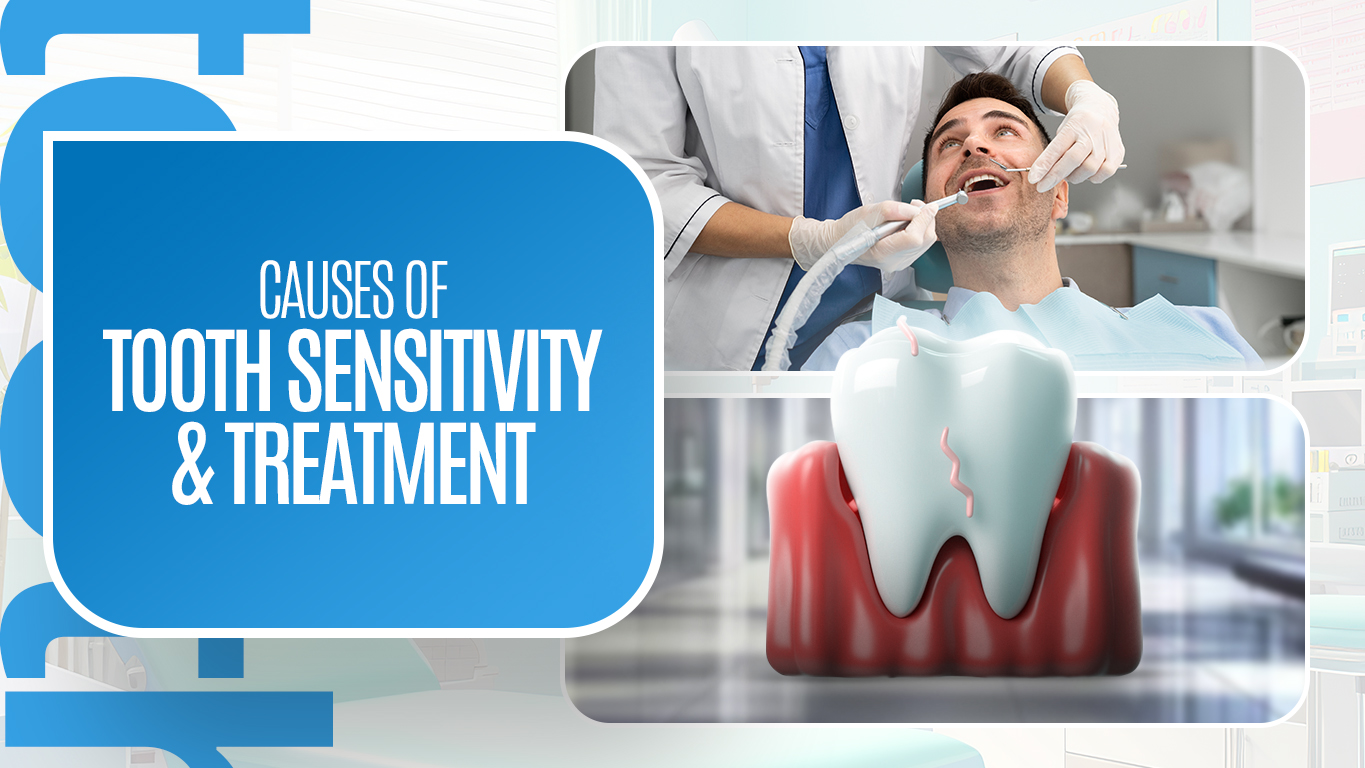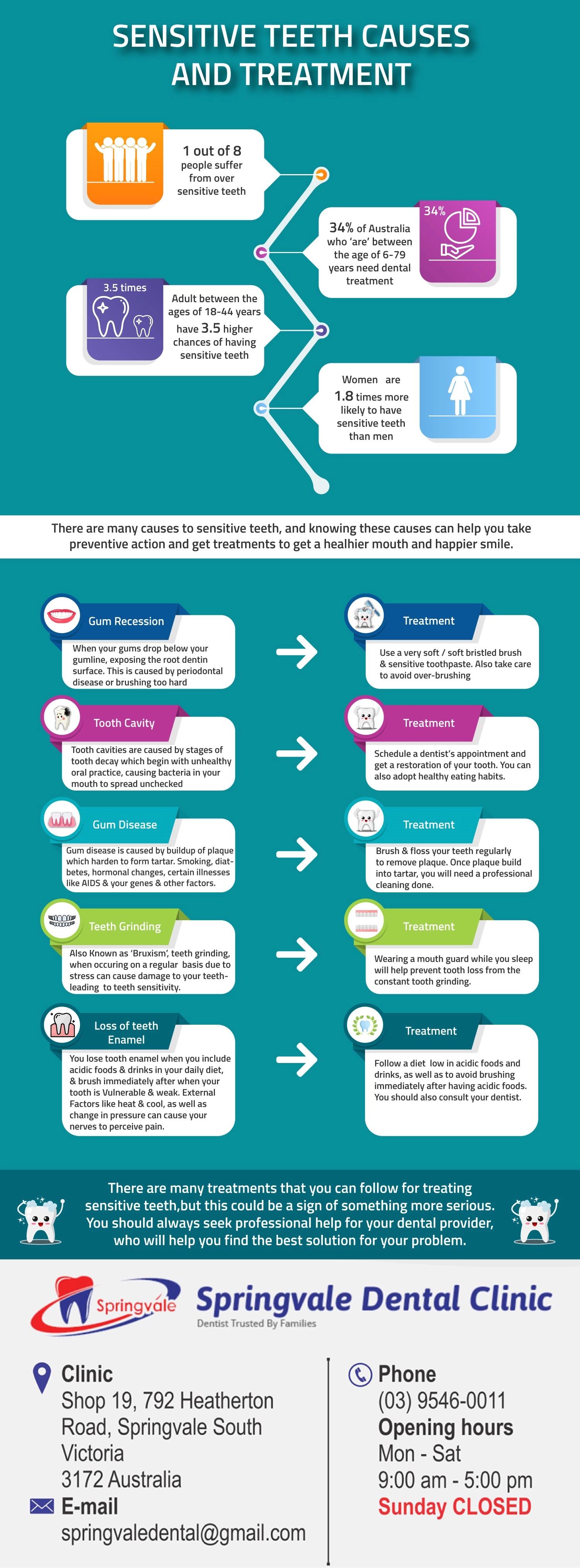
Have you ever experienced a sudden, sharp pain when enjoying an ice cream cone or sipping a hot cup of coffee? That uncomfortable sensation known as tooth sensitivity affects millions worldwide and can significantly impact your daily life. Understanding the causes of tooth sensitivity and exploring effective treatment options can help you find relief and maintain optimal oral health.
Tooth sensitivity, or dentin hypersensitivity, occurs when the protective outer layers of your teeth become compromised, exposing the sensitive inner parts of your tooth. The dentin layer contains thousands of microscopic tubules that connect to the tooth's nerve center. When these tubules are exposed, triggers like hot, cold, sweet, or acidic foods and beverages can stimulate the nerves, resulting in that characteristic sharp, sudden pain.
Tooth enamel is the hardest substance in your body, designed to protect your teeth. However, it can gradually wear down due to:
As enamel thins, the dentin underneath becomes more exposed, increasing sensitivity.
When gums recede, they pull back from the tooth surface, exposing the tooth roots, which aren't protected by enamel. Gum recession can result from:
Tooth decay, cracked teeth, broken fillings, or chipped teeth can expose the dentin or even the pulp of your tooth, causing sensitivity and pain. These conditions create pathways for stimuli to reach the nerves inside your teeth.
Habitually grinding or clenching your teeth can wear down enamel over time. Many grind their teeth during sleep without realizing it, gradually increasing tooth sensitivity.
It's normal to experience temporary sensitivity following professional cleanings, crown placements, or teeth whitening procedures. This typically resolves within a few days to a few weeks.
Excessive plaque accumulation can cause enamel to wear away. Regular dental cleanings and proper home care can prevent this buildup.
While minor sensitivity might be manageable with over-the-counter products, you should consult a dental professional if you experience:
Early intervention can prevent worsening symptoms, and more extensive treatment later.
Preventing tooth sensitivity is often easier than treating it. Consider these preventative measures:
If you're experiencing tooth sensitivity, the experienced team at Springvale Dental Clinic is here to help. Our dental professionals can identify the underlying causes of your sensitivity and recommend the most effective treatment plan for your specific situation. We prioritize patient comfort and utilize the latest techniques to provide pain-free, effective care.
Located at Shop 22, 792 Heatherton Road, Springvale South Victoria 3172 Australia, our clinic is conveniently open seven days a week from 9 am to 5 pm. This accessibility ensures you can receive the care you need when you need it, even on weekends.
Don't let tooth sensitivity disrupt your enjoyment of favorite foods and beverages. Contact Springvale Dental Clinic today to schedule an appointment and take the first step toward relief from tooth sensitivity and improved oral health.
